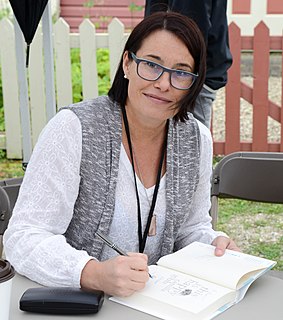A Quote by Marcus Aurelius
Everything is ephemeral, both that which remembers and that which is remembered.
Quote Topics
Related Quotes
Everything is only for a day, both that which remembers and that which is remembered. Observe constantly that all things take place by change, and accustom thyself to consider that the nature of the Universe loves nothing so much as to change the things which are and to make new things like them. For everything that exists is in a manner the seed of that which will be.
It is not simply what one remembers, but why. There are sites of amputation where the past is severed from the body of the present. Remembering only encourages the growth of phantom limbs. And it is not simply what one remembers, or why, but what to do with what one remembers, which of the scattered pieces to carry forward, what to protect and preserve, what to leave behind.
Now the autumn shudders
In the rose's root.
Far and wide the ladders
Lean among the fruit.
Now the autumn clambers
Up the trellised frame,
And the rose remembers
The dust from which it came.
Brighter than the blossom
On the rose's bough
Sits the wizened orange,
Bitter berry now;
Beauty never slumbers;
All is in her name;
But the rose remembers
The dust from which it came.
A law which excludes all dialectic and all reconciliation; which establishes, consequently, both the flawless unity of knowledge and the uncompromising division of tragic existence; it rules over a world without twilight, which knows no effusion, nor the attenuated cares of lyricism; everything must be either waking or dream, truth or darkness, the light of being or the nothingness of shadow.







































